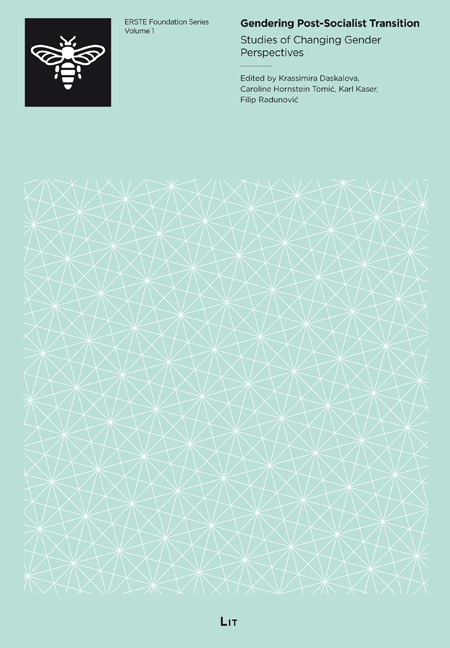Beschreibung
The studies of Gendering Post-Socialist Transition presented in this
volume follow the economic, political, social and cultural effects and
traces of system changes in the lives of women and men after 1989 in
eleven countries of Central and South Eastern Europe. The contributions
from nine research teams from different Central and South Eastern European
countries look into the meaning of these changes for the relationships
between men and women, for gender roles and representations, and for the
development of normative discourses about femininity and masculinity. With
respect to gender relations, these case studies in fact deal with changing
values and mentalities in transformation and once again show that poverty,
social exclusion, nationalism, social and healthcare systems, all have a
profound gendered dimension.
Krassimira Daskalova is Professor of Modern European Cultural History at
the Faculty of Philosophy and Social Sciences, St. Kliment Ohridski
University of Sofia and former President of the International Federation
for Research in Women’s History (IFRWH).
Caroline Hornstein Tomic is Research Associate at the Institute of Social
Sciences Ivo Pilar in Zagreb and Lecturer at Zagreb University.
Karl Kaser is Head of the Centre for Southeast European History at
University of Graz, Austria.
Filip Radunovic is working as Project Manager for Programme Europe at
ERSTE Foundation in Vienna and lectures Media Theories at the Faculty of
Drama Arts in Cetinje, Montenegro.


